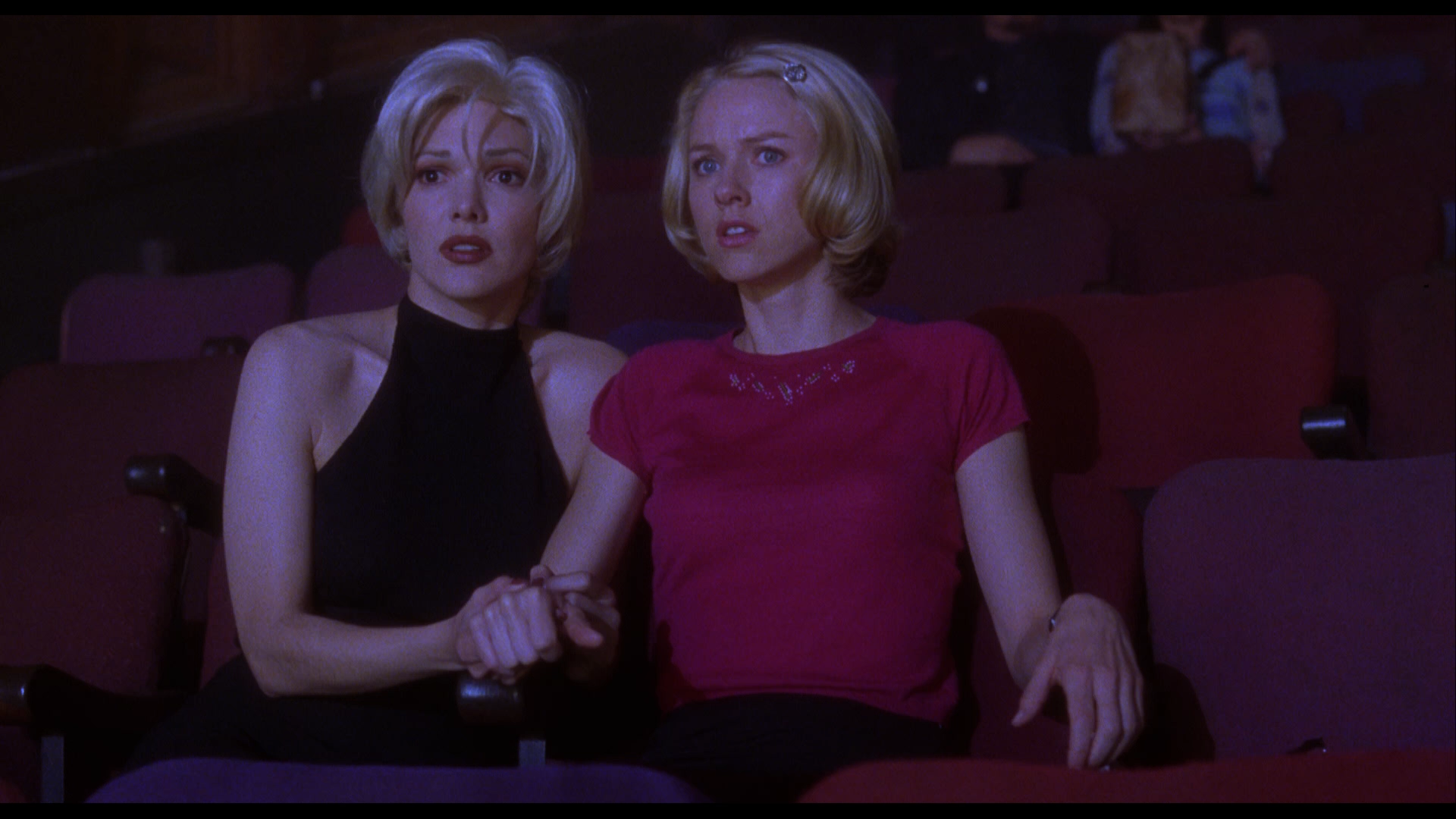
For all the talk about the death of film and its usurpation by the cult of TV, the cinema is still the most universally beloved form of entertainment art around the world. More people than ever are watching and writing about movies. This is a promising trend, especially for those of us who love film and strive for its continued vitality. With most moviegoers interested chiefly in following actors and box office results, countless debates rage over the comparative superiority of certain star personas. And more people are writing reviews, which tend to focus on charismatic performances and the escapism of big-budget fare.
Despite the growth of Internet discussion, professional film critics still carry the highest esteem, primarily because of the institutional weight of their publications. But what categorically separates the way film critics talk from everyone else is their presumed expertise and their lip-service to the idea of film as art. Critics like to complain that the rise of these untrained voices is devaluing film, but the real threat is the hesitation of these same critics to truly embrace film as a worthy and high art. Previously, critics and filmmakers strove to establish film as an equal of literature or painting, but too many contemporary critics limit themselves to the the simple pleasures of entertainment or verge into discussions of vague socio-cultural impacts within theoretical frameworks. These approaches shy away from actually talking about a film itself, either by talking about nothing, or by talking about something else entirely. At least non-professional critics treat movies as movies in all their escapist glory. The academic approach feigns an appreciation for the art of film while not-so-subtly undermining the idea that film is more than an efficient delivery system for communicating ideas. Such an approach never challenges anyone to care whether or not cinema is an art or even if that’s an important question. But this is the very challenge that cinema issues to us most urgently: to see reality most clearly and to seek the essence of those things unseen. Too many critics have refused to take up the challenge of this great art and remain safely within the realm of orthodoxy. Our film culture thrives on diverse audiences with manifold reactions to the power of film, but once our critics begin to write as if they care that film is a valuable art, everyone’s conversations will deepen.